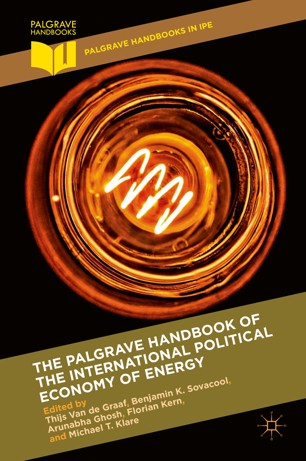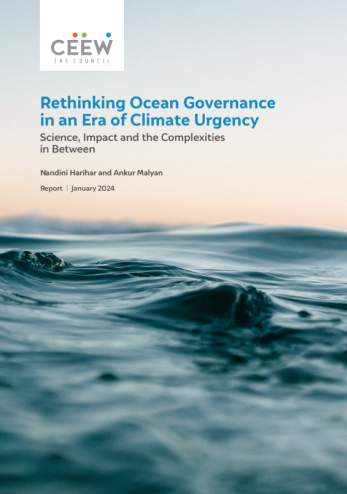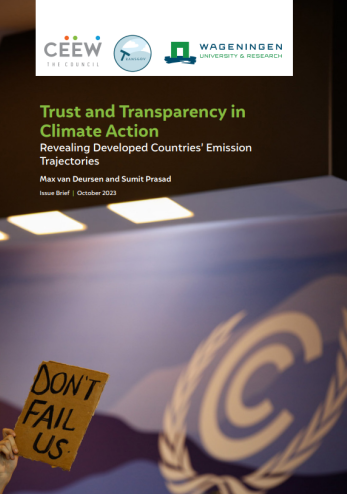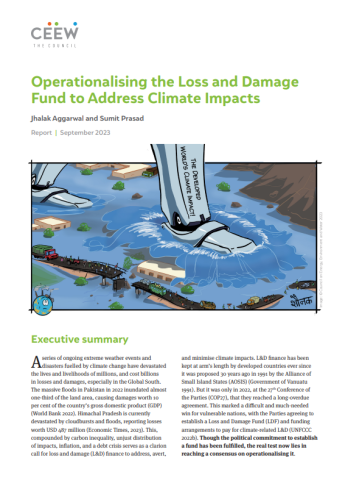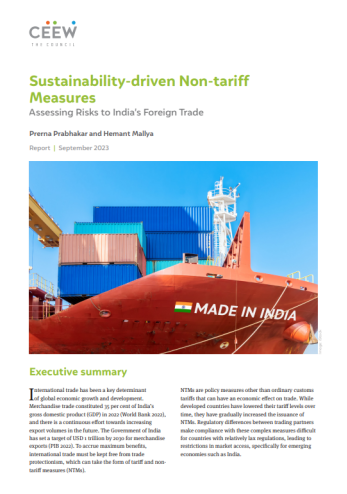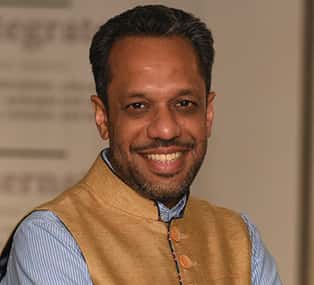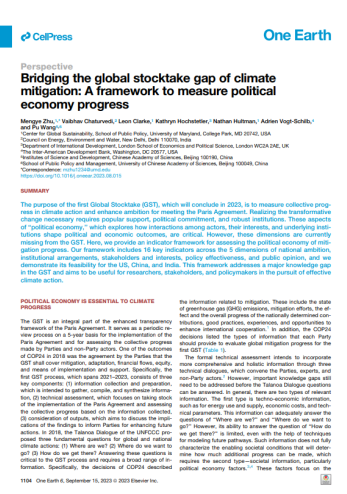Book Chapter
States, Markets, and Institutions
Integrating International Political Economy and Global Energy Politics
Thijs Van de Graaf, Benjamin Sovacool, Arunabha Ghosh, Florian Kern, Michael T. Klare
June 2016 | International Cooperation
Suggested citation: Van de Graaf, Thijs, Benjamin Sovacool, Arunabha Ghosh, Florian Kern, and Michael T. Klare. 2016. ”States, Markets, and Institutions: Integrating International Political Economy and Global Energy Politics” in The Palgrave Handbook of the International Political Economy of Energy, Palgrave Handbooks in IPE, edited by Thijs Van de Graaf, Benjamin K. Sovacool, Arunabha Ghosh, Florian Kern, Michael T. Klare. London: Palgrave Macmillan.
Overview
The field of International Political Economy (IPE) offers a robust framework to analyse energy politics. Energy, in turn, provides a rich but mostly unexplored testing ground for insights from IPE. This chapter explores the current state of energy-related social science research. It outlines the emergence and central tenets of the field of IPE, and some of the critical theories within IPE. It then examines energy in the context of IPE. Further, the chapter outlines key debates in the IPE of energy. Overall, the chapter draws broader lessons emanating from the handbook about what energy offers IPE and how IPE can inform energy studies.
The first burst of interest in energy policy and politics occurred in the wake of the first oil shock. Yet, interest in energy issues waned soon. During the 1990s, a period of low oil prices, energy was mostly a fringe issue in these disciplines. Starting around 2001, and accelerating after 2008, energy issues resurfaced on the radar of social scientists, political scientists, and international relations specialists.
Key Lessons
- Geopolitical and liberal institutionalist accounts form the two parts of the energy literature in IPE. While the former highlights the analysis of political and security aspects of interstate energy relations, the latter gives primacy to transnational processes, markets, and institutions.
- IPE demonstrates how political structures and interactions shape energy markets. It reveals the hidden interests behind particular energy programs and how specific actions skew the world’s energy wealth concentration. It can also show how actors exclude others from energy decision-making and the political, contested nature of policy implementation.
- Within the theoretical traditions in IPE, Mercantilists would assume that access to or control over energy resources is a currency of power, and lack of control is a sign of vulnerability.
- For liberals, there is nothing special about energy. The ‘invisible hand’ of the market will manage the energy sector too and ultimately benefit all.
- Marxists would argue that, in energy markets, primary resource supplying countries receive a marginal share of the returns that multinational energy firms garner from the exploitation of resources.
- Sound energy policy should be broader in scope than just fuel and power policy but should focus squarely on end-use services.
- The rise of OPEC and the first oil shock questioned the claim that peripheral countries (primary goods producers) are locked in a never-ending cycle of dependency. It shifted attention to oil-exporting countries in the Middle East and their relations with consumer states and international oil companies.
- The oil crisis of 1973 also stimulated research on commodity cartels and the conditions under which producer associations might overcome collective action problems.
- The resource curse thesis holds that the abundance of natural resources is correlated with poor economic performance, low levels of democracy, and civil war.
- The interplay between energy and foreign policies of major consumer countries such as the US, including the alleged link between oil and US participation in wars, has received considerable scholarly attention.
- Compared to other traditional areas of IPE, the energy sector lacks global institutions comparable to, for example, the WTO for trade or the IMF for finance.
- National political institutional structures for energy innovations can fall into four quadrants: social corporatist, state corporatist, liberal pluralist, and state nation.
- Much of the IPE research on privatisation and market liberalisation has investigated different models of electricity or utility restructuring. Utilities in countries across the world have experimented with new ownership models and abandoned the convention that infrastructure services should be the exclusive domain of the state.
Energy devices and systems can have their type of political economy. Their trajectory can be shaped exogenously by external political and economic forces, and they can influence endogenous or internal political and economic trends.




